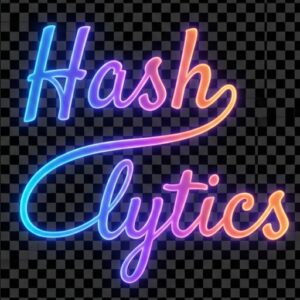Ubisoft‘s CEO, Yves Guillemot, isn’t just dabbling in generative AI; he’s calling it a revolution on par with the shift to 3D gaming. This isn’t some tech demo; it’s a strategic pivot, with AI deeply integrated across the company and shaping future titles. The question now is whether this bet on AI will pay off, or if it will alienate players wary of algorithm-driven experiences.
Guillemot’s bold declaration came during a recent Ubisoft earnings call, where he dedicated significant airtime to the topic. He framed AI not as a fleeting trend, but as a fundamental shift, stating that Ubisoft is “making great strides in applying Gen AI to high-value use cases that bring tangible benefits” to both players and internal teams.
The comparison to the 3D revolution is striking. Guillemot went on to say, “It’s as big [of] a revolution for our industry as the shift to 3D. And we have everything to lead on this front.” This positions Ubisoft as an aggressive early adopter, building upon previous partnerships with tech firms like Nvidia to establish a strong foundation for AI-driven development.
But what does this revolution look like in practice? Ubisoft is focusing on “groundbreaking” gaming AI applications, built on their Neo NPCs prototype. These aren’t just theoretical experiments; they’re actively being integrated into upcoming titles, promising to reshape how players interact with in-game characters and worlds.
Neo NPCs: The Future of Interaction?
The Neo NPCs are designed to be more than just scripted automatons. Ubisoft envisions them as dynamic, responsive characters that can react to player actions in meaningful ways. While specific title details remain under wraps, the company plans to showcase more concrete implementations later this year.
Guillemot described the Neo NPCs technology as “a tool that’s been built first” with the expectation that creative teams will discover the best ways to use it. This approach, however, acknowledges the argument that the most powerful game development AI tools emerge when they directly solve pre-existing design or production problems.
Ubisoft’s AI ambitions extend far beyond experimental prototypes. According to Guillemot, teams across all studios are “embracing this new technology” and “constantly exploring new use cases” across programming, art workflows, and quality improvements. This indicates a company-wide effort to integrate AI into every aspect of game development.
This widespread adoption suggests that Ubisoft AI integration is no longer limited to isolated showcases. Instead, generative systems and automation are being deployed to support everyday tasks, from content creation to quality checks. How this affects staffing and budgets remains to be seen.
Not everyone is thrilled about Ubisoft’s AI push. The company recently apologized for the “accidental” inclusion of an AI-generated loading screen in Anno 117: Pax Romana, highlighting the potential for missteps and community backlash. This incident underscores the tension between AI adoption and player expectations.
The Anno 117 incident reflects broader industry debates about AI art, voice synthesis, and narrative design.
“Ubisoft has not yet published a detailed public policy on where it draws those lines.”
Guillemot frames AI as an enhancer of human creativity, suggesting that the most effective deployments will augment designers and writers rather than replace them. But the reality is more complex. While AI could accelerate iteration times and lower certain costs, it also introduces legal, ethical, and reputational risks if not managed carefully.
The AI-focused commentary came shortly after a temporary cessation of trading for Ubisoft shares, sparking speculation about a potential acquisition or restructuring. While the company clarified that the halt was due to an issue with new auditors, the incident added extra weight to Guillemot’s remarks, signaling a strong bet on AI as a differentiator.
Ubisoft’s leadership is clearly committed to making generative AI a cornerstone of its future. Whether this bold vision translates into compelling player experiences remains to be seen. The coming months, and further demos of Neo NPCs, will be crucial in determining whether Ubisoft is truly leading a revolution, or simply chasing a trend.




